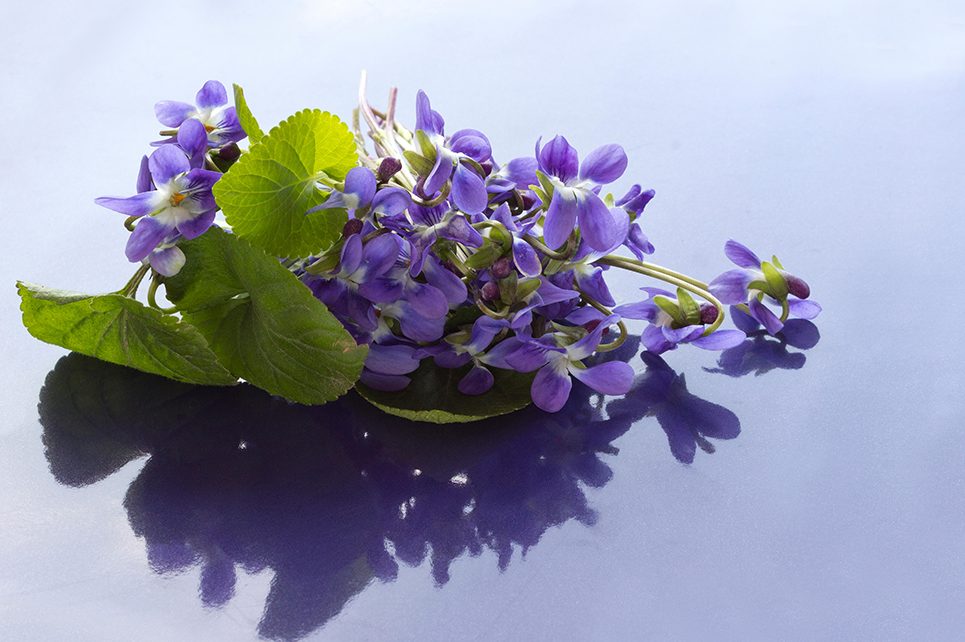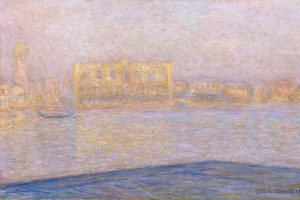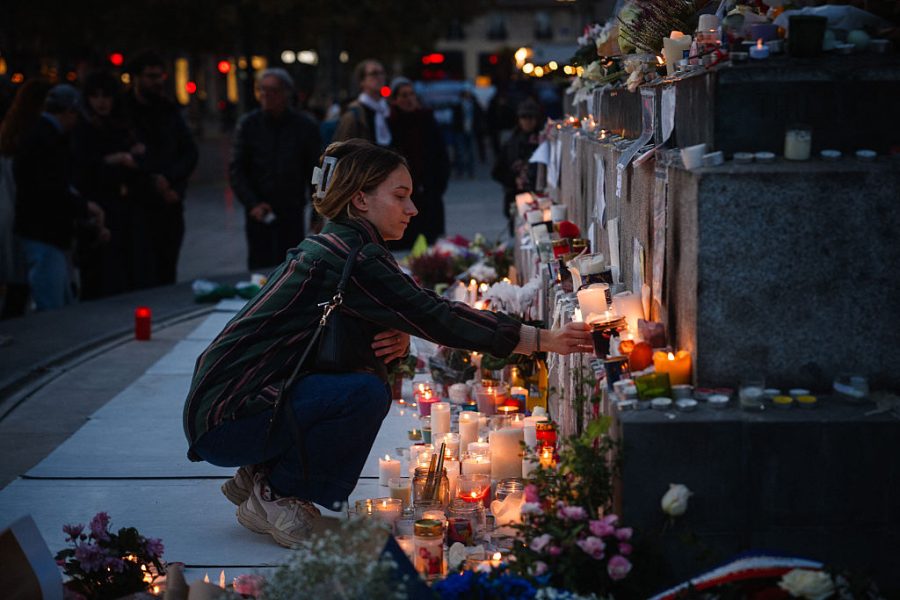South of France
The morning after we were wedded, I went to hospital in Marseille. The oncologist wanted to assess the pain level and find the right daily morphine dose. I went down in the back of a taxi and from the taxi to the cancer ward in a wheelchair. A nurse with a form checked me into the single-occupancy room, asking me my name, address, date of birth, occupation, etc. Then: “Are you married?” “Yes. We married only yesterday as a matter of fact.” The dear soul could not have been happier for us, though she was probably mystified as to who on earth would want to marry a mummy with the bandages off.
One of the nurses — she had a neck tattoo possibly depicting a piece of ectoplasm — immediately smelled a rat
While in hospital I had to relinquish control of my daily morphine dose to the nurses. I take two sorts of morphine capsules, long-acting and short-. At home I was taking 80mg of the long-acting morphine twice a day. On top of that I was allowed up to six bright red short-acting 10mg capsules per day as and when I felt like one. I applaud these red ones for their bright, cheerful colour and because they afford me some control over my life. Reluctant to give them up entirely, I hoarded one in case of an emergency, concealing it on my bed table, under a paperback copy of For Whom the Bell Tolls.
One of the nurses — she had a neck tattoo possibly depicting a piece of ectoplasm — immediately smelled a rat. “You took the last capsule? Are you sure? From one to ten what is your pain level now? Four? But this morning you said it was only three, Mr. Clarke.”
Then she grilled me with questions printed on a form. “Describe the nature of your pain,” she said. “Is it like swarming ants? Does it burn? Or is it sharp?” “Ants. Definitely ants,” I said. “Ants? But yesterday you told me it was like fire, Mr. Clarke. “”Well, fiery ants,’ I said. At that moment, my hoarded morphine freedom pill rolled out from underneath Hemingway’s sonorous meditation on loyalty, courage and grace under pressure and across the bed table. Our eyes followed its progress until it came to rest against a water glass, mine goggling with horror. “And what is this, Mr. Clarke? Please tell me. Why is this here?” “Oh, there you are, you naughty thing!” I said. “I’ve been looking absolutely everywhere.”
These Marseille cancer ward nurses are all of them kindness itself but above all characterful. It’s like a variety show. One with a big round bottom comes in the morning, points to her bottom with her thumb, and says to me: “Ca-ca?” Another is referred to by the others as “the black one.” The black one is very calm and very still and she commands us with her beautiful eyes only. Another, with a haggard face, shouts with laughter when she sees me, offers a fist bump, and bellows: “Kif!” — Marseille slang, presumably, though for what I don’t know.
Wonderfully characterful they are — but noisy. On this cancer ward all you can hear all day and evening is their chatter and laughter in the corridors, and from we patients only the profound and languorous silence of a French colonial-era opium house.
During my first afternoon on the ward, yet another knock on the door announced a respectable-looking older man carrying a notebook whom I took to be a doctor. He wasn’t a doctor, though, he was only pretending to be a doctor. In reality he was a sort of self-appointed therapist with an evangelical interest in Buddhism. After some bullshit preamble about the eternal beauty of clouds, he said: “Have you ever read a book called The Power of Now by Eckhart Tolle?” And he had looked so intelligent. “Look,” I said. “I’ve not got long. Do you really think a commercially successful self-help book is going to be the answer to anything? For spiritual insight I’d be as well off reading For Whom the Bell Tolls as Eckhart Tolle.” Astonishingly, that is exactly what this man did think. Nice of him, though, I suppose, to share his enthusiasm for a bestseller with the dying, but for myself I wasn’t having any of it. Besides, the ants were swarming up to a six, maybe seven. He said he would come back another time.
In an already full day, they also stuck another dose of chemotherapy into my neck. And the next day I felt so rotten I thought I was about to croak. Anxiety. Loneliness. Depression. Then, around midday, the entire nursing shift came in, in a rolling maul, pushing a bed. They put sheets on and decorated it with purple wildflowers and a sign saying: “Happy Wedding!”
“For your lune de miel,” laughed the kif woman. “Don’t break it please.” And later still came another knock and Catriona’s dear face appeared around the door. She’s here now, beside me, caring for me. I am enveloped in kindness. I feel tons better.
This article was originally published in The Spectator’s UK magazine. Subscribe to the World edition here.

























